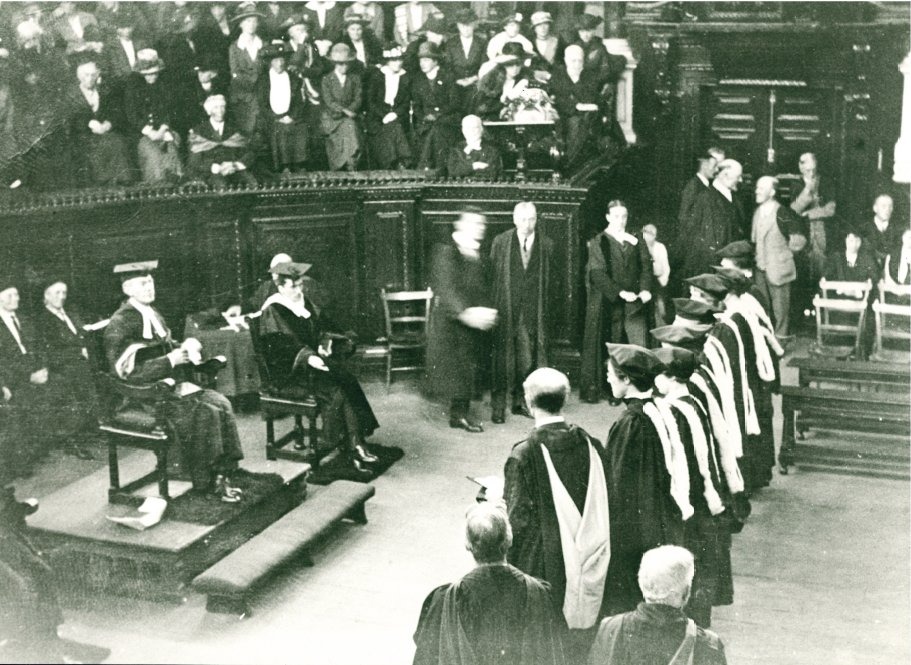On October 14, 1920, the University of Oxford made history by awarding degrees to its first female graduates.
This momentous occasion marked a significant milestone in the fight for women’s rights in education, as women had been studying at the University of Oxford for many years but had not been allowed to receive degrees.Among the first women to receive the degree of Master of Arts (MA) were notable college principals.
The Evolution of Women’s Education at Oxford
Women have been able to study at Oxford University since the late 19th century. Specifically, women were admitted to the university’s first women’s colleges starting in 1879.
First women students at Lady Margaret Hall, Oxford, in 1979
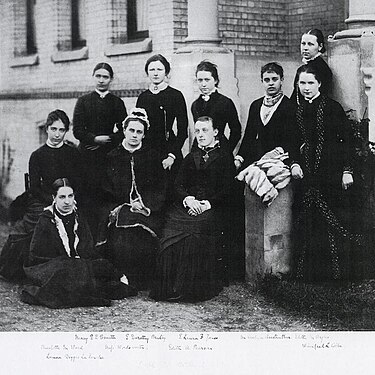
Lady Margaret Hall, founded in 1878, opened its doors to the first female students in 1879. Somerville College followed suit, opening in 1880 under the name Somerville Hall, and becoming fully recognized as Somerville College in 1894.
Informal lectures for women began in 1873, and higher local examinations became available to schoolgirls starting in 1870, although higher exams were initially restricted to those under eighteen years old until 1875. Prior to this milestone, around 4,000 women had studied at Oxford since the establishment of the first women’s colleges in 1879.
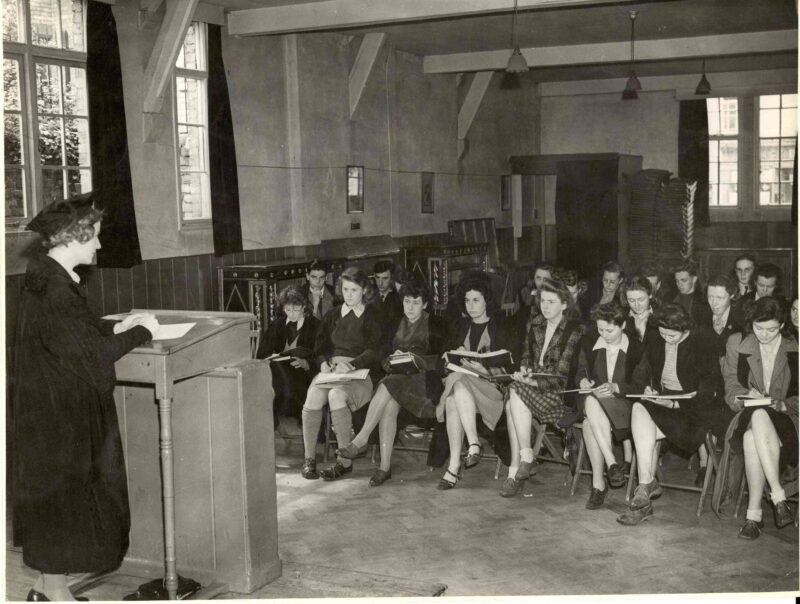
Emily Penrose, Henrietta Jex Blake, Eleanor Jourdain, Winifred Moberly and Bertha Johnson, were the first women to have the degree of MA conferred on them by Convocation on 14 October 1920.
Their achievements were celebrated during a convocation ceremony that recognized their contributions and perseverance in a male-dominated academic environment. Prior to this event, women faced numerous barriers at the university, including restrictions on attending lectures and receiving formal recognition for their academic accomplishments. The conferral of degrees in 1920 represented a pivotal change in Oxford’s policies and a step forward for gender equality in higher education.
Emily Penrose
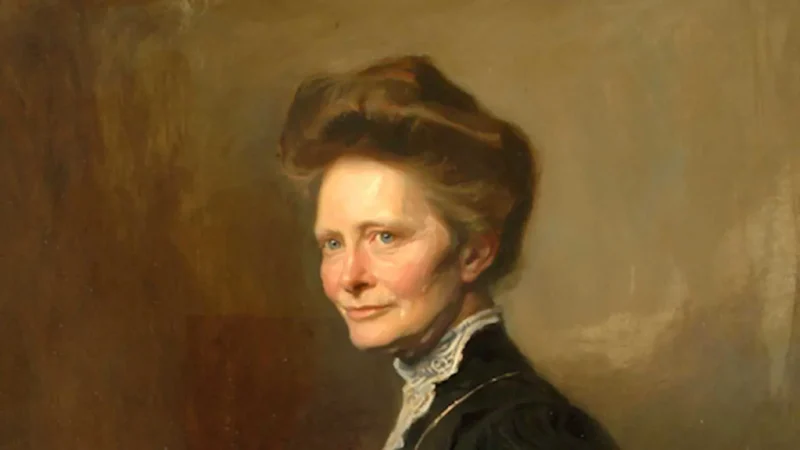
Dame Emily Penrose, DBE was a pioneering educator and administrator who significantly contributed to women’s education in the UK. Born on September 18, 1858, she achieved First Class honors in Classics at Oxford University, setting a precedent for women in academics. After completing her undergraduate studies, she briefly taught as an extension lecturer in both Oxford and London before moving to Bedford College in 1893.
At Bedford College, Penrose was the first principal, combining roles such as Lady Resident for resident students and Lady Superintendent for day students. She also became Professor of Ancient History without additional stipend. In 1898, she took charge of Royal Holloway College following Matilda Bishop’s resignation.
In 1907, Penrose became principal of Somerville College, Oxford, after Agnes Maitland’s death. Initially serving as tutor for Greats in Classics, she eventually focused solely on administrative duties due to her heavy workload. Under her leadership, Somerville introduced entrance examinations starting in 1908 and stopped admitting students without degree intentions by 1914—a forward-thinking approach towards preparing women for degrees.
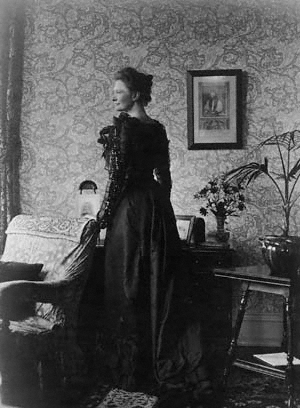
Her involvement led directly to the establishment of university delegacy for women students in 1910, paving the way for women’s full membership ten years later. She participated in various national committees on education, including the Advisory Committee on University Grants (1911), the Royal Commission on University Education in Wales (1916), and the Royal Commission on Universities of Oxford & Cambridge (1919). In 1923, she became statutory commissioner for the University of Oxford.
In recognition of her contributions, she was awarded the title of Dame Commander of the Order of British Empire (DBE) by King George V in 1927.
Henrietta Jex-Blake
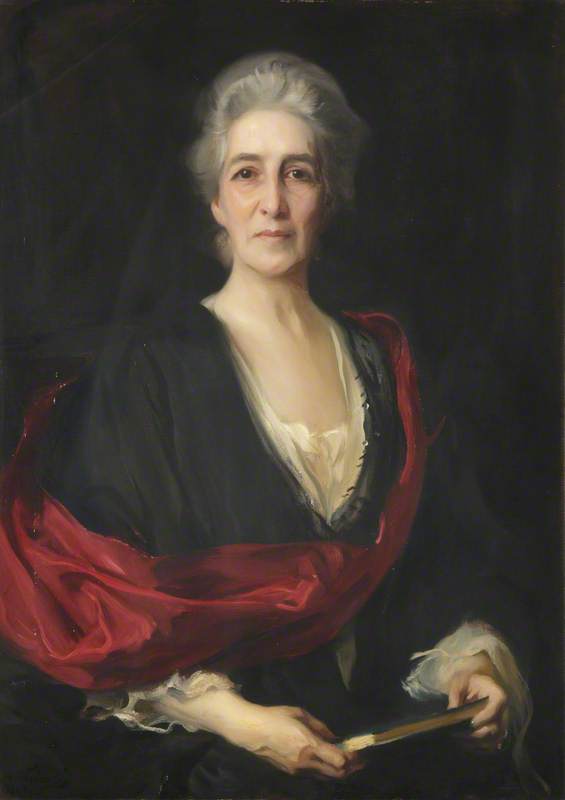
Henrietta Jex-Blake (June 1862 – May 21, 1953) was a British violinist and the second principal of Lady Margaret Hall, Oxford, serving from 1909 to 1921.
Between 1899 and 1909, she was headmistress of St Margaret’s School in Polmont, Scotland, which was founded by Maud Mary Daniel, a friend of her sister Katherine from Girton College, Cambridge. During her time at St Margaret’s, Jex-Blake promoted girls’ sports and encouraged her pupils to pursue university education, particularly at Girton.
In 1909, Jex-Blake succeeded Elizabeth Wordsworth as principal of Lady Margaret Hall. Under her leadership, the college experienced an increase in student numbers, completed several large building projects, and became incorporated under the Companies Act.
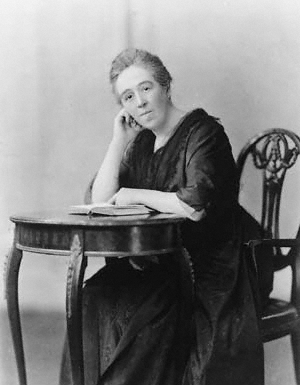
Jex-Blake was a strong advocate for women’s rights to higher education and campaigned for women to be granted degrees. When women became eligible for degrees at the University of Oxford in 1920, following the passing of the Sex Disqualification (Removal) Act 1919, she presented the first candidate for matriculation and was awarded an honorary MA herself.
Additionally, she was a supporter of women’s suffrage, further demonstrating her commitment to advancing women’s rights in education and society.
Eleanor Frances Jourdain
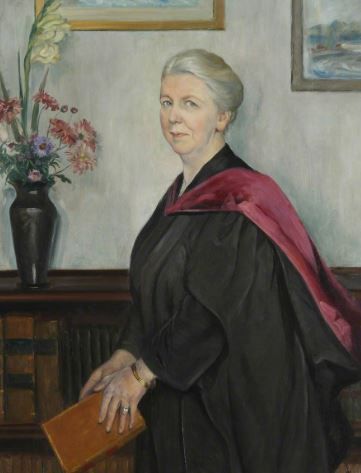
Eleanor Frances Jourdain (November 16, 1863 – April 6, 1924) was an English academic who served as Principal of St Hugh’s College, Oxford, from 1915 until her death in 1924. She is perhaps best known for her involvement in the Moberly–Jourdain incident, where she and fellow teacher Charlotte Anne Moberly claimed to have slipped back in time to the period of the French Revolution during a visit to Versailles.
Jourdain began her career as secretary to the wife of the Archbishop of Canterbury before advancing to teaching positions at various schools. In 1892, she co-founded Corran Collegiate School in Watford, where she later became headmistress. After moving to Paris for a year to study Dante’s Divine Comedy, she returned to England and joined St Hugh’s College as vice principal in 1905.
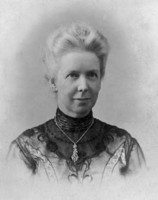
A strong advocate for women’s education and suffrage, Jourdain actively participated in demonstrations and published several academic works. In April 1915, she succeeded Charlotte Moberly as principal of St Hugh’s. During her tenure, she oversaw significant developments at the college, including an increase in student enrollment and infrastructure improvements. In late 1923, a controversy regarding the dismissal of a tutor resulted in significant unrest among staff and students.
Tragically, Jourdain suffered a heart attack and passed away on April 6, 1924, shortly after being forced to resign due to the fallout from the controversy. She was buried in Wolvercote Cemetery, Oxford. Her contributions to women’s education and her role in the suffrage movement remain significant aspects of her legacy.
Winifred Moberly
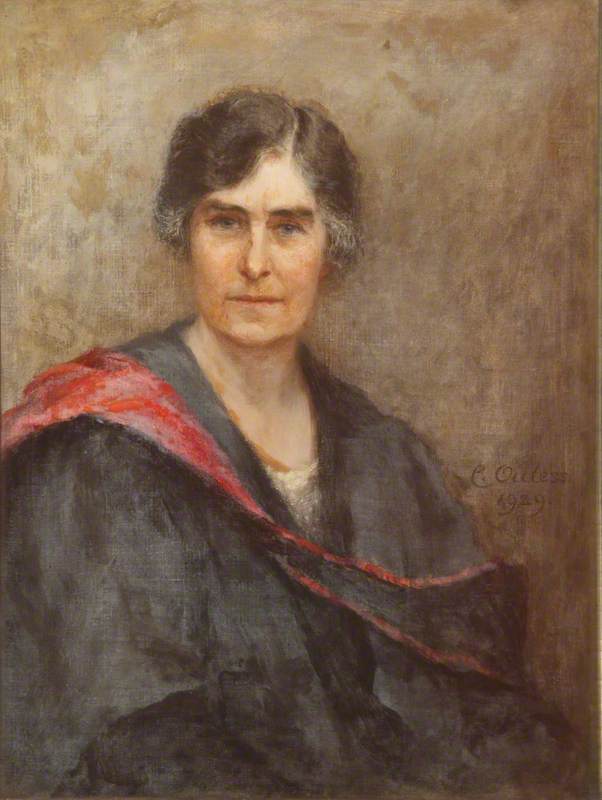
Winifred Moberly (1 April 1875 – 6 April 1928) was a college head and educator, born in Calcutta as the ninth child of Charles Morris Moberly and Eliza Augusta. She received her education at Winchester and Sydenham high schools before entering Lady Margaret Hall, Oxford, as a Romanes scholar in English literature in 1894.
After earning a second in classical honor moderations in 1896, she left Oxford a year later due to her father’s death. Following her mother’s passing in 1909, she briefly worked as a housekeeper at Lady Margaret Hall and returned as bursar in 1910 after an extension of the college’s buildings.D
During World War I, Moberly organized training schemes for unemployed women and managed hospitals for the National Union of Women’s Suffrage Societies in Russia and Galicia. She established a maternity hospital for refugees in Petrograd and administered multiple hospitals along the Volga River.
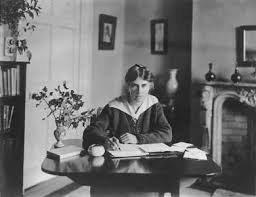
After the war, she was appointed principal of St Hilda’s Hall in Oxford, where she oversaw significant growth and secured its independence from external control. Moberly was awarded an honorary MA when women were first admitted to degrees at Oxford in 1920. She was known for her warmth and ability to connect with students, fostering a welcoming atmosphere at St Hilda’s.
However, by 1925, signs of illness began to affect her career. Winifred Moberly died unmarried at Laverstock House near Salisbury on 6 April 1928 and was buried at St Andrew’s in Laverstock. Her contributions to women’s education and her leadership during challenging times are remembered as part of her enduring legacy.
Bertha Jane Johnson
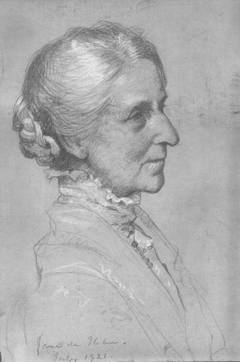
Bertha Jane Johnson was born in London on 20 January 1846. Bertha was educated at home. She excelled at music and the arts. She played the piano. Her art work was exhibited at the Royal Academy. She was one of the first women students at the Slade School of Art.
Bertha Johnson became involved in promoting women’s higher education in Oxford during the 1870s. She served as secretary to Lady Margaret Hall from 1880 to 1914 and was also secretary to the Association for the Education of Women (AEW) from 1883 to 1894. Her primary responsibility was overseeing the Home Students, and in 1894, the AEW appointed her as Principal, a position she held on an honorary basis until 1921.
Ironically, Johnson opposed the full admission of women to the University, believing that women’s education should not be modeled after men’s. This put her at odds with Annie Rogers, who succeeded her as Secretary of the AEW when a bid for women to be admitted to the Oxford BA failed in 1895-96.
In 1910, when the University formally recognized women’s societies by establishing its own Delegacy for Women Students, Johnson became the first woman to hold a senior university appointment as Principal of the Society of Home Students. Gradually reconciling with the campaign for full membership, she was also the first among five women principals to receive an MA by decree in 1920.
Written by Lena Mkrtchyan, MD
